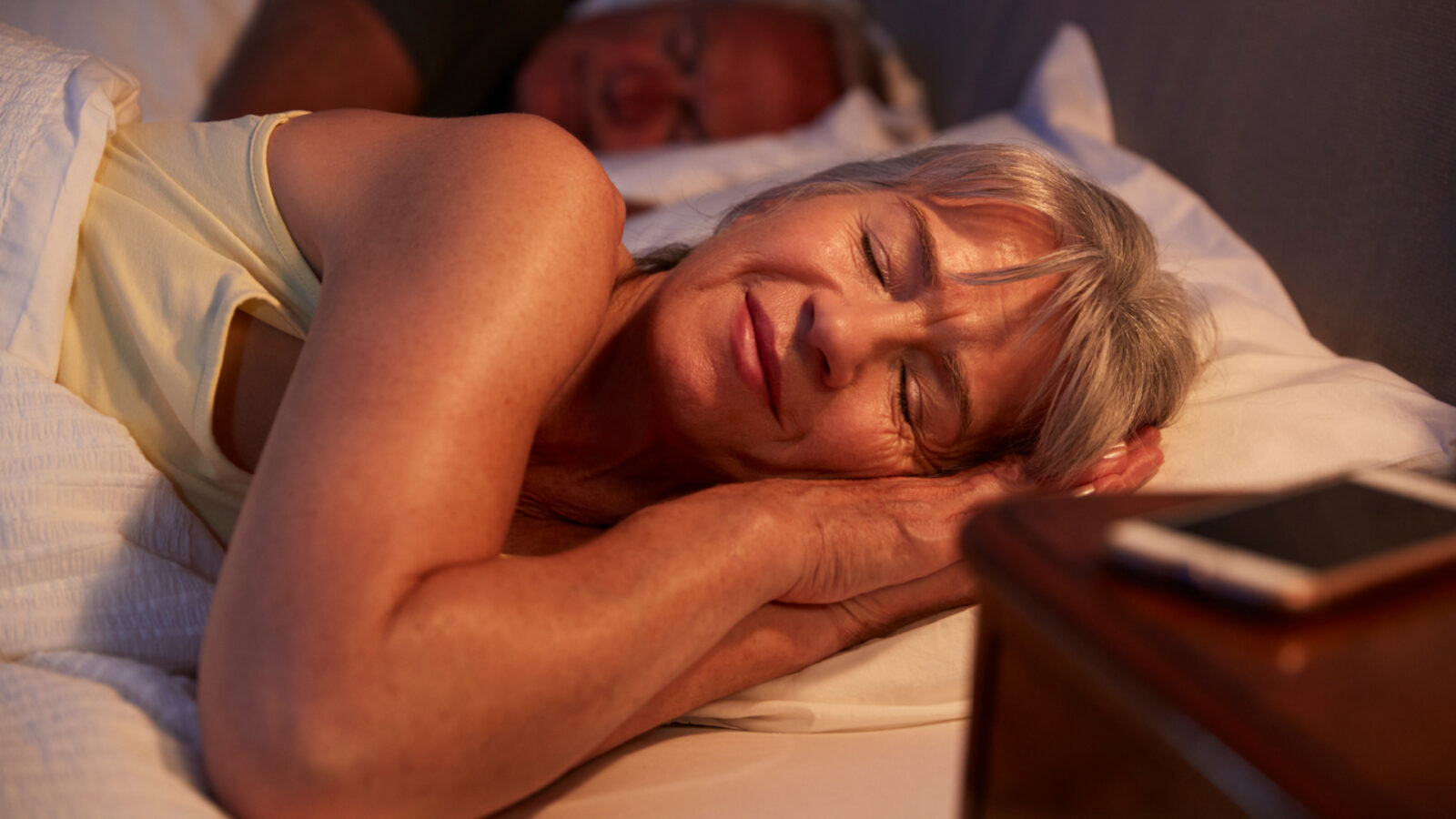
An innovative global research effort spearheaded by Monash University has discovered a link between restful sleep, the lack of sleep apnoea, and improved cognitive abilities.
Published in JAMA Network Open, the Sleep Architecture, Obstructive Sleep Apnea, and Cognitive Function in Adults study examined 5946 adults in the USA, utilising overnight sleep studies and neuropsychological assessments as part of their methodology.
The study found that individuals aged 58-89, free from stroke or dementia, experienced improved cognitive function when they experienced better sleep quality that was devoid of sleep apnoea.
Surprisingly, variations in the time spent in light sleep, deep sleep, and REM sleep, did not appear to influence cognition.
First author and Monash University Associate Professor Matthew Pase said good sleep was essential for health, however, the link between sleep quality and dementia risk remained “incompletely understood”.
“Most research on cognition has used subjective reports of or rest-activity patterns,” he said.
“A major strength of the current study was the use of objective overnight studies in such a large number of participants.”
Pase claims the latest study highlights the importance of an individual’s quality of sleep and its impact on cognitive function.
“I think the most interesting finding is that participants that have mild to severe apnoea had worse cognition, so they had worse thinking and memory performance, for example,” he said.
“This is significant because there have been some studies that have shown relationships between obstructive apnoea and poor cognition, but they’ve genuinely relied on people with a diagnosis.
“The take home is that our findings suggest different elements are important for cognitive health, particularly the quality of someone’s overnight and whether or not they have sleep apnoea.”
Researchers now plan to investigate which aspects of sleep health are most closely linked to the risk of dementia
It’s widely understood that obtaining a restful night’s sleep is vital for maintaining overall health and well-being.

High-quality sleep aids in the repair and recovery of the body, improves memory and mood, increases energy levels, and fosters brain development and cardiac function.
However, as we grow older, our sleep patterns frequently undergo changes, making it increasingly common to encounter difficulties in both falling asleep and staying asleep.
heIf you are finding it difficult to get a proper night’s sleep each night there are a number of supposed remedies to help someone fall asleep faster and deeper, but if counting sheep isn’t doing the trick then Sleep Expert Carmel Harrington suggests some enjoyable and “mentally stimulating” activities to help you drift off come bedtime.
“A great thing to take up is dancing – it is a physical and mental challenge and is lots of fun! And having fun is important when it comes to sleep,” she recently told Starts at 60.
“It’s important as we age, to continue to exercise regularly and refrain from sleeping during the day. A 20-minute nap is ok, but definitely no longer.”
Harrington further highlights the benefits of incorporating routines and cultivating healthy habits to enhance the quality of sleep.
Some of Harrington’s Do’s and Dont’s for ensuring healthy sleeping habits include:
DO:
DO NOT:
IMPORTANT LEGAL INFO This article is of a general nature and FYI only, because it doesn’t take into account your personal health requirements or existing medical conditions. That means it’s not personalised health advice and shouldn’t be relied upon as if it is. Before making a health-related decision, you should work out if the info is appropriate for your situation and get professional medical advice.